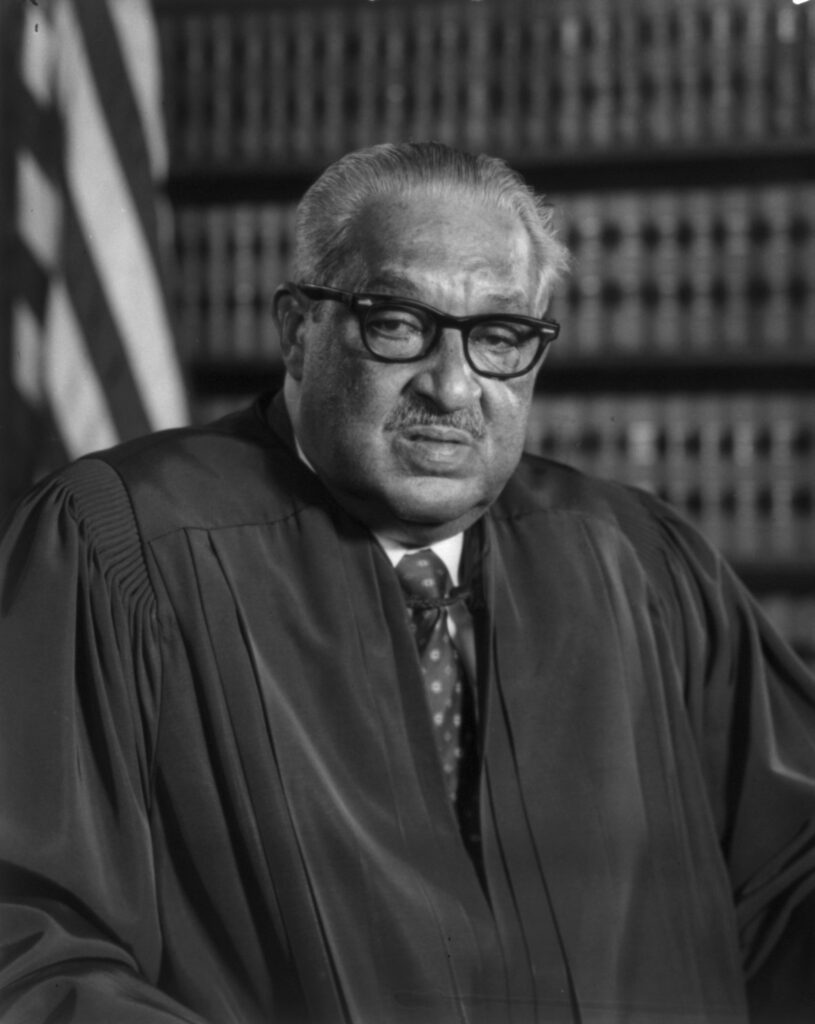Austin v. Michigan Chamber of Commerce (MCOC) Lawsuit of 1990

The Michigan Campaign Finance Act prohibited corporations from using their general treasury funds for independent expenditures in support of or opposition to candidates in state elections. Corporations could still spend money on political campaigns through PACs, which required voluntary contributions from individuals associated with the corporation. The Michigan Chamber of Commerce (MCOC), a nonprofit organization primarily funded by for-profit corporations, challenged the law, arguing it violated the First Amendment by restricting its ability to engage in political advocacy.
On March 27, 1990, the Supreme Court ruled 6-3 in favor of the State of Michigan, upholding the campaign finance restrictions. The majority opinion, authored by Justice Thurgood Marshall, held that the Michigan law was justified to prevent the corrupting influence of corporate wealth in elections. The Court emphasized that corporations have unique advantages (e.g., perpetual life, limited liability) that allow them to amass significant economic power. Using these resources for political purposes could distort the electoral process.
The Court found that the government had a compelling interest in limiting the influence of corporate wealth in elections to avoid corruption or the appearance of corruption. It specifically sought to prevent corporations from using economic power, unrelated to public support for their political ideas, to dominate the electoral process.
The Court reasoned that requiring corporations to use PACs for political expenditures imposed only a minimal burden on their First Amendment rights. PACs allowed corporations to engage in political advocacy but ensured that such expenditures were funded voluntarily by individuals rather than from corporate treasuries.
The ruling established a precedent for upholding campaign finance laws that restricted the use of corporate treasury funds for independent political expenditures. It reinforced the principle that preventing corruption and maintaining the integrity of the electoral process are compelling government interests. Austin addressed concerns about the disproportionate influence corporations could wield in elections, potentially drowning out the voices of individual voters and other political actors.
The decision became a cornerstone of campaign finance regulation, cited in subsequent cases as a justification for restricting corporate political spending. However, it was explicitly overturned by the Supreme Court in Citizens United v. FEC (2010), which found that such restrictions violated the First Amendment.
